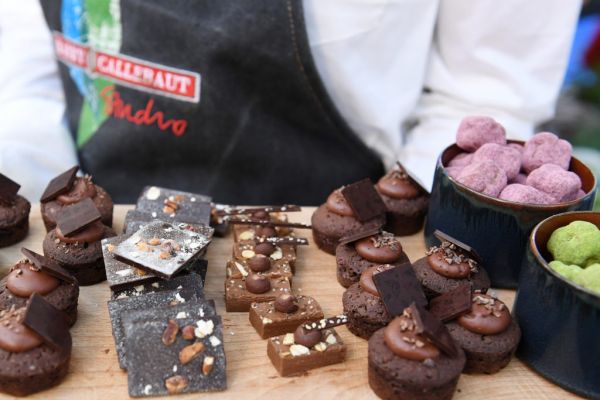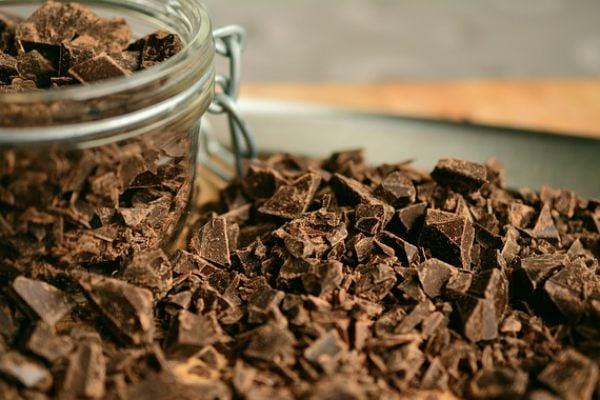Barry Callebaut reported a drop in full-year operating profit as the world's biggest chocolate maker counted the cost of the temporary shutdown of its largest factory following a salmonella outbreak.
The Swiss company, which supplies chocolate to food groups such as Unilever for its Magnum ice creams and Nestlé, said operating profit fell 2.3% to 553.5 million Swiss francs ($557.6 million), missing analyst forecasts of 586.5 million francs.
The figure was hit by the one-off impact of 76.9 million francs related to the salmonella outbreak at the Wieze factory in Belgium detected in June.
Sales Volume
Sales volumes were also affected by the shutdown, with full-year volumes increasing to 2.3 million tonnes.
The 5.3% increase represented a slowdown from the 7.9% increase during the first nine months of the year.
Despite the disruption, volume growth was within the range of Barry Callebaut's mid-term guidance for increases of 5% to 7%. But it missed its goal of raising its operating profit in local currencies at a higher level than volumes, with only a 0.1% increase.
Its shares were up 0.5% on the Swiss exchange.
Still On Track
Peter Boone, chief executive said that the chocolate maker was still on track to achieve its mid-term guidance in its 2022-2023 business year.
"Our Wieze factory runs again at normal capacity, though we will still experience an impact in the first quarter 2022/23 as we are catching up on delayed volume," he said in a statement.
Barry Callebaut had been due to release its earnings on Wednesday, but published the figures early due to an 'unforeseen event'.
During the year it wrestled with higher raw material costs which it managed to pass on to its customers.
Cocoa bean prices had increased by 4.2%, with shortages avoided due to large stocks built up from surpluses in previous years.
Sugar prices increased by 18.7%, due to a lower Brazilian crop, and by 56% in Europe as strong demand met lower production due to reduced farming and dry weather.
News by Reuters, edited by Donna Ahern, Checkout. For more a-brand news, click here. Click subscribe to sign up for the Checkout print edition.








